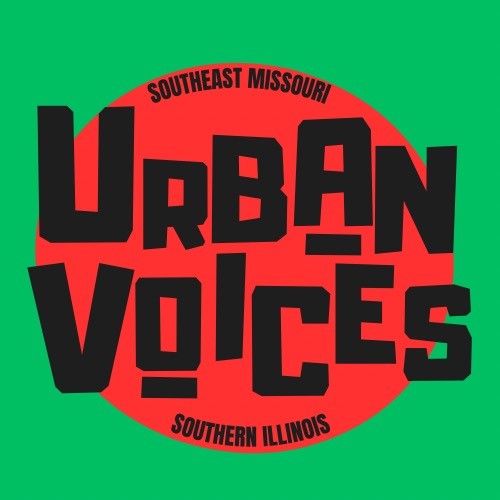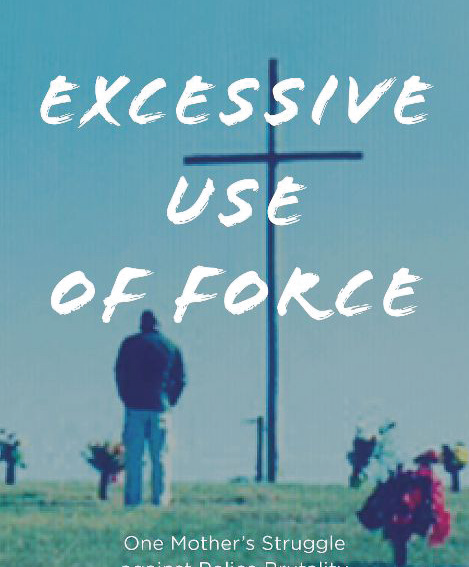Prater, Loretta (2018)
Rowman & Littlefield Press
The vast majority of the law enforcement officers in this country perform their very difficult jobs with respect for their communities and in compliance with the law. Even so, there have been incidents in which this was not the case. Police brutality and misconduct has been under the microscope for the last several years, and Loretta Prater brings these issues to light through research reports and numerous examples of cases, including the personal case of her son.
On January 2, 2004, Leslie Vaughn Prater, Loretta Prater’s unarmed son, was a homicide victim in Chattanooga, Tennessee. His death resulted from an altercation with four police officers. Excessive Use of Force: One Mother’s Struggle Against Police Brutality and Misconduct is the account of an African American family’s personal experience with police brutality and misconduct, the behind the scene dynamics, as well as the personal emotional trauma experienced by victims’ families.
While written from the perspective of a mother, Prater brings a good balance of personal and outside information. She allows the reader to see inside her story but successfully includes secondary analysis of research and related stories of others who have experienced similar situations resulting from police officer misconduct. Excessive Use of Force engages the reader in this serious and important topic of police brutality and misconduct.
This book consists of ten chapters and examines an issue that appears to be on-going in communities across the nation. Much has been publicized about police brutality, and the topic has drawn much attention, especially in African American neighborhoods. The content is inclusive of research reports from various experts in the field of law enforcement, and personal stories from family members of unarmed victims, killed resulting from the actions of police officers. It is acknowledged that there are honorable police officers who serve and protect all citizens. That fact doesn’t dismiss or excuse the actions of others, who tend to racially profile and target particular segments of the community to abuse. These unacceptable actions have been going on for years, even before the murders of George Floyd and Michael Brown. This book was written prior to their deaths.
The unique feature of the book is that was written solely by the mother of an unarmed son, killed by four police officers. Like Eric Garner, and George Floyd, Leslie Prater died from positional asphyxia. In other words, he was positioned in a life-threatening manner, and held in that position, until he could no longer breathe. The reader will gain detailed knowledge of what families go through in dealing with these matters, including interacting with the media and the judicial system. Suggestions for dealing with these issues are included in the last chapter, “No Justice, No Peace: Paths In Seeking Change Through Public Policy.” The author supports the community policing model. Chief Wes Blair of Cape Girardeau was mentioned in the book, as a law enforcement professional practicing effective community policing. This book received a Starred Review from Booklist, was selected as a book of the week by Publisher’s Weekly, and was recommended by Attorney Barry Scheck, of the National Innocence Project.
Reviews
Loretta Prater was truly an exemplary “mother of the movement” and before the tragic events of the last few years created so many more mothers who lost their children due to excessive use of force by police. Her struggle for justice is important and instructive.— Barry Scheck, civil rights attorney; co-founder of the National Innocence Project
This is one mother’s vivid account of the death of her son to the unfortunate outcome of police brutality in our society. The detail Prater gives in describing the death of her son is exceptionally riveting and gets at the questions that all parents want to know when they lose their children to police violence…”what happened to my child?” Not surprisingly, the bureaucracy, legalese, and fear gets in the way of these much-needed conversations around police accountability, police behavior, police violence on its citizenry, and the use of racial profiling in communities of color, particularly African-American communities.— Arrick Jackson, Dean of the College of Education and Human Services at Ferris State University
Justice is always unfinished until an account has been accepted by all impacted by the injustice. Prater’s well-crafted narrative illustrates a victim’s painful quest to seek offender accountability and to transform her family’s harm into growth.— Linda Keena, PhD, interim department chair and associate professor, University of Mississippi































